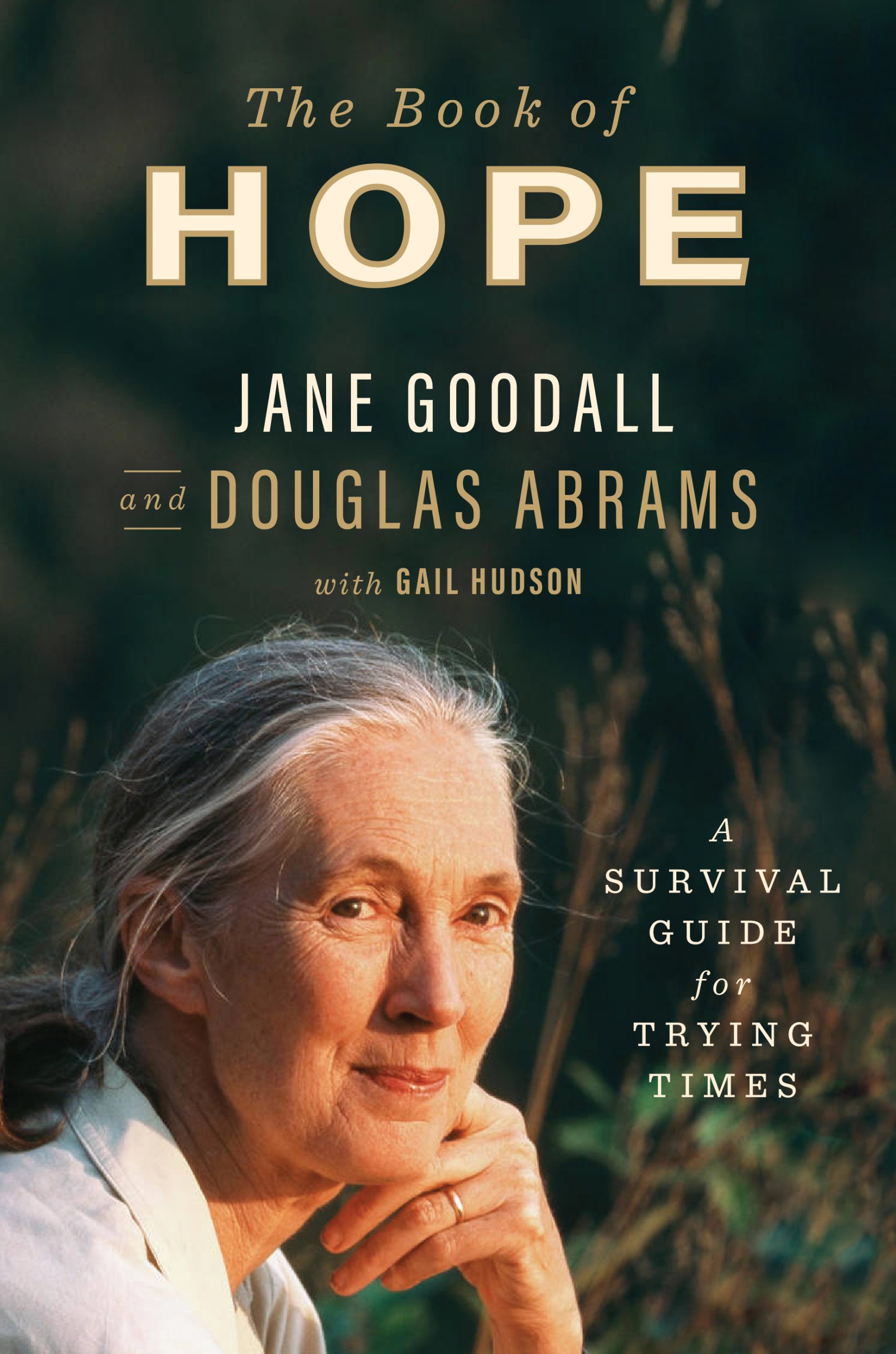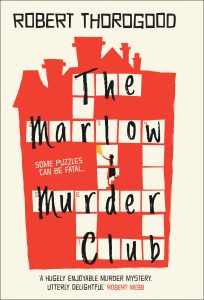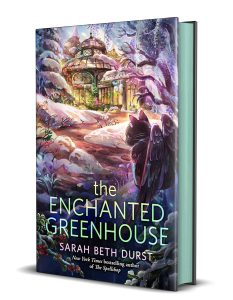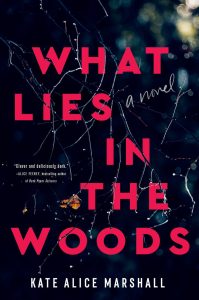
In a world overwhelmed by uncertainty, climate anxiety, and social unrest, Jane Goodall’s The Book of Hope: A Survival Guide for Trying Times stands as a quiet yet profound beacon of light. Written in collaboration with Douglas Abrams and Gail Hudson, this book feels less like a lecture and more like an intimate fireside conversation with one of the most compassionate minds of our time.
Goodall and Abrams explore one of humanity’s most fragile yet vital emotions: hope. What makes this book so powerful is that it refuses to offer shallow optimism. Instead, it roots hope in observation, experience, and action. Goodall frames her philosophy around four reasons for hope: the Amazing Human Intellect, the Resilience of Nature, the Power of Young People, and the Indomitable Human Spirit.
Through vivid storytelling, Goodall reflects on her early years growing up during World War II, her groundbreaking work with chimpanzees in Gombe, and her evolution from scientist to global environmental advocate. Her anecdotes are both tender and inspiring. We see her perseverance when the chimps first ran away from her, her compassion in observing their family bonds, and her courage in stepping away from the forest to dedicate her life to awakening environmental consciousness.
What sets this book apart is Goodall’s tone. She never preaches or scolds. She invites. Her voice is calm, intelligent, and deeply empathetic. Listening to her words, whether on audiobook or in print, feels like meditation. Readers often describe her storytelling as a form of quiet strength gentle yet persuasive, rooted in love rather than anger.
The Book of Hope also shines in its multimedia presentation. The printed edition includes stunning photographs from Goodall’s career: ancient seeds blooming after 2,000 years, her tender interactions with chimpanzees, even a pig that paints. These images serve as visual reminders of life’s resilience. Meanwhile, the audiobook narrated with care offers a soothing and intimate listening experience.
While some readers, like Regina in her review, found the conversational format occasionally uneven, most agree that Goodall’s wisdom transcends structure. Her words inspire reflection and gratitude, even as she addresses the sobering realities of deforestation, extinction, and climate change.
Sean Barrs beautifully summarized her legacy in his tribute: “Jane Goodall is a shining beacon of light in a dark world; her words radiate hope, wisdom and integrity.” That sentiment captures what many readers feel. Her message is clear: every individual matters, every choice counts, and every act of compassion ripples outward. Hope is not passive; it is an active force.
Goodall reminds us that it is never too late to change whether it’s becoming more mindful consumers, protecting wildlife, or choosing empathy over apathy. Her own life, from a curious young woman venturing into the jungles of Tanzania in 1960 to a tireless global advocate in her late eighties, embodies the very essence of perseverance and purpose.
The Book of Hope is not just a memoir or an environmental reflection; it’s a moral compass. It urges us to keep faith in humanity, to believe in nature’s capacity to heal, and to take personal responsibility for the planet we share.
If you need to be reminded that goodness, resilience, and possibility still exist in the world, this book is for you. Give it to a friend, a student, or anyone who needs encouragement. Or keep it close as a companion for your own difficult days.
There is still hope and Jane Goodall helps us find it again.
👉 Get your copy of The Book of Hope here: https://amzn.to/48VKeAc


